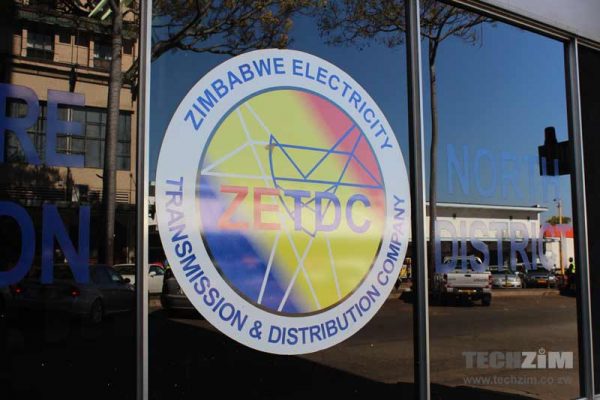ZESA rejected a proposal by Kuda Tagwirei’s Sakunda Holdings to buy the failed Dema diesel power plant for US$66 million, Parliament heard on Monday.
Sakunda was in 2015 awarded a contract to install the 200MW plant in Seke, despite not having participated in the tender for the project. The order to award Sakunda the contract outside the tender process came from the Office of the President and Cabinet, according to a 2019 audit report by PriceWaterhouseCoopers. The report is being examined by Parliament’s public accounts committee, which is seeking answers from ZESA on the deal.
The plant ran only between July 2016 and March 2017, before Sakunda shut it down citing diesel shortages. Sakunda has approached ZESA with a proposal to buy the plant, supplied by Sakunda contractor Aggreko. The power utility rejected this, according to executive chairman Sydney Gata.
“We declined to purchase the power station for US$66 million,” Gata told the committee. “I had opportunity to visit the power plant, and to inspect the engineering layout, the designs and facilities at the power station. I’m very surprised that this country could actually license an asset like that. I saw something that, as an engineer, is a capital offence.”
"It was a potential calamity for the communities..."
According to Gata, there were no safety measures at the site, placing the surrounding areas at risk.
A site visit revealed how 5000 litres of diesel were being stored in an exposed open plastic-enveloped reservoir.
“It was a potential calamity for the communities around there. I did not see fire-fighting equipment, I did not see emergency equipment. I didn’t see environmental mitigation measures,” Gata reported.
After being handed the project in 2015, Sakunda went on to subcontract Aggreko, one of the losing bidders, as a technical partner in the project. Aggreko, which rents out diesel power plants, has since had “contractual disagreements” with Sakunda, and this has seen the 100MW generator, part of the plant, being stripped from the site.
‘Not our deal’
ZESA management admitted that it was pushed into the Dema project, against the advice of its own legal and technical advisors. Under that deal, ZESA would buy power from the plant at 15.45 US cents per kWh, above the price offered by other sources.
Gata said: “Sakunda were engaged for this project, even though they had not actually tendered in the initial floating of the tender. Their engagement was through a directive from the Ministry of Energy. The second note is that the engineers’ and lawyers’ reports had an adverse opinion with regards to the bankability of this project.”
When Sakunda failed to supply power the company incurred US$2.5 million in penalties, one of the terms of the supply deal. Still, Sakunda went to government to have these penalties written off.
“What I’m aware of is that the supplier approached government for the purpose of having these penalties written off,” projects manager Flora Chikonye told the committee.
Directives
ZESA managers conceded that, left to make its own decision, they would not take up such a project.
“We are aware of the cost of diesel power. It is not a technology that we are prepared to take, unless it’s really a last resort,” Chikonye said.
New projects at Hwange, Kariba and renewables would fill any supply gaps, and diesel power would not be a priority for ZESA, she said.
Gata said Parliament must act on protecting state owned enterprises from being told what to do.
“Our nation will need one day to revisit the subject of ministerial directives to public enterprises,” Gata said.
When “we consider the number of white elephant projects” and others that violate the law, “it is this issue of directives that needs to be qualified soon”, Gata told the MPs.
The burden is left to project managers to oppose projects that have been imposed from their superiors, who would be acting on the instruction of ministers, Gata said.
At the time it was given the contract in 2015, Sakunda had partnered Derrick Chikore, an in-law of then President Robert Mugabe, as business partner.
NewZwire




